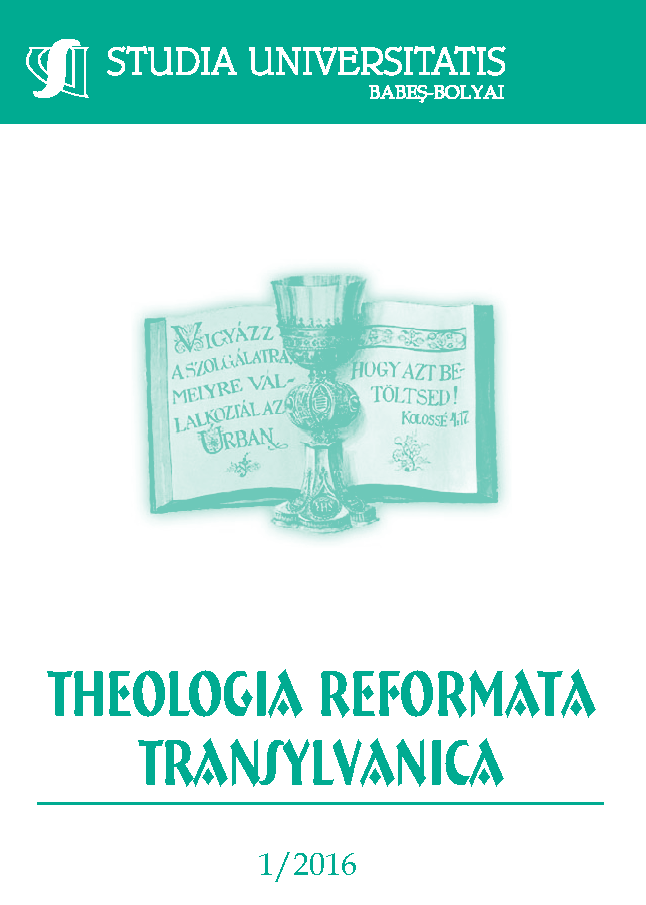Über welchen Gott sprechen wir denn?... Interkulturelle Szenen aus der Psychiatrie
Keywords:
interculturality, different beliefs, different biographies, human dignity, hospital pastor.Abstract
Which God are we talking about? – Intercultural scenes from psychiatry
The study starts based on an actual situation in Germany: A group of people, a polychrome, multilingual and „much believing” group of people sitting coram deo in the “room of silence” of a psychiatry clinic (Chapel of the Hospital). Seeing this scenery we might ask ourselves: why we consider the unusual automatically and evidently unnatural. The community is something indispensable for the religions. Here in the hospital the Lutheran pastor can’t hold a traditional worship, but here people of different religions are connected together and they are together with their God. It is worship for them. And they find it so natural – normal, such as eating together at the stations. The world of the sick is further in this respect than THE world. The assembly finally confesses, that „we believe that faith can be an indispensable ally in the fight with disease”. Another responsibility of the hospital pastor is to manage a so-called group “Life issues”, based on its content the name of the group could also be “God and the world”. The goal is to get into conversation with each other, to lead a conversation about topics that really employ one or more at the time. It is practiced human dignity. If someone is deprived of the possibility of such an exchange of thoughts, it is deprived of a part of being human but who renounces voluntarily, gives up a part of his human dignity. What should the group talk about? Someone says: “With a Pastor one should indeed talk about God”. Another says: “Yes , but about which God?” The pastor spoke about the God who also recognizes valuable in them, who can see themselves only as sinners, failures or criminals. In the group was discussed war, disease, diversity of circumstances..., in this way about the diversity of God. The above mentioned experiences confirm the following statement: “Not the cultural identity is the one that alienates us, but the life stories shaped by the current world history. We are not foreign for each other from our human nature, our biographies make us strangers for each other.”
Downloads
Published
How to Cite
Issue
Section
License
Copyright (c) 2016 Studia Universitatis Babeș-Bolyai Theologia Reformata Transylvanica

This work is licensed under a Creative Commons Attribution-NonCommercial-NoDerivatives 4.0 International License.






